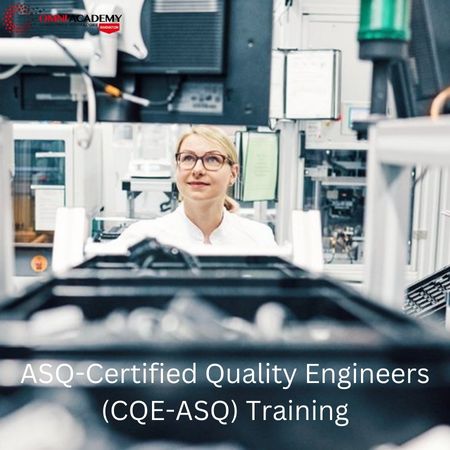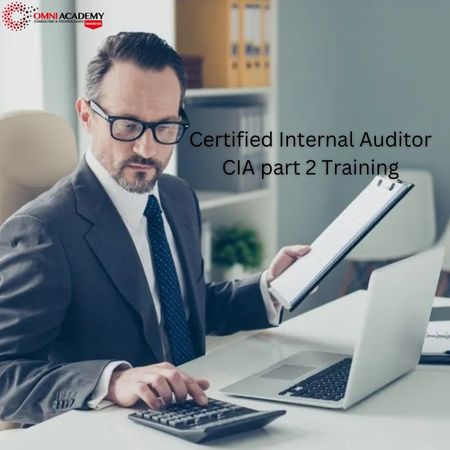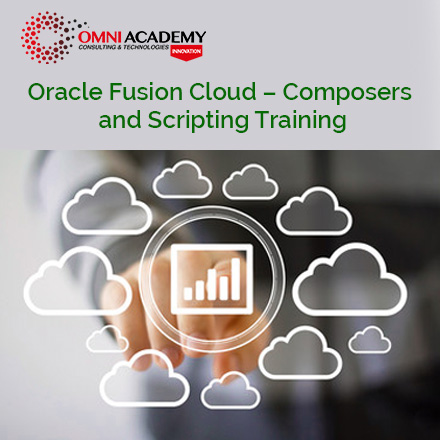Navigating in R12 Oracle Applications
- Log in to Oracle Applications
- Navigate from Personal Home Page to Applications
- Choose a responsibility
- Create Favorites and set Preferences
- Use Forms and Menus
- Enter data using Forms
- Search for data using Forms
- Access online Help
- Run and monitor Reports and Programs
- Log out of Oracle Applications
Introduction to Oracle Applications R12
- Explain the footprint of R12 E-Business Suite
- Describe the benefits of R12 E-Business Suite
- Describe R12 E-Business Suite architecture
Shared Entities and Integration
- Explain shared entities within R12 E-Business Suite
- Describe key integration points and business flows between products in E-Business Suite (EBS)
- Identify Key Business Flows and products involved in E-Business Suite (EBS)
Fundamentals of Flexfields
- Describe Flexfields and their components
- Identify the steps to implement a Flexfield
- Define value sets and values
- Define Key Flexfields
- Define Descriptive Flexfields
Fundamentals of Multi-Org
- Define Multiple Organization (Multi-Org)
- Describe the types of organizations supported in the Multi-Org model
- Explain the entities of Multi-Org
- Explain how Multi-Org secures data
- Identify key implementation considerations for Multi-Org
- Define Multi-Org Access Control
- Explain Multi-Org preferences
- Explain Enhanced Multiple-Organization Reporting
- Explain the concepts of subledger accounting
Fundamentals of Workflow and Alerts
- Explain Workflow concepts
- Describe the benefits of Workflow
RECEIVABLES
Process Invoices Using AutoInvoice
- Describe the AutoInvoice process
- Use AutoInvoice
- Understand error correction using AutoInvoice Exception Handling
Bill Presentment Architecture
- Explain bill presentment architecture processes
- Register data sources
- Create templates to present bills
- Define rules to assign templates to customers
- Print BPA transactions
[/vc_column_text][/vc_column_inner]
Receipts
- Describe the receipt process
- Apply receipts using different methods
- Create chargebacks, adjustments and claims
- Use balancing segments
- Apply non-manual receipts
- Create receipts utilizing different methods
Period Closing Process
- Describe the sub ledger accounting process in Receivables
- Define the various actions required to close a period in the Order to Cash flow
- Describe the available reports to assist in the closing process
- Explain the Create Accounting program and the Revenue Recognition program
Order to Cash Lifecycle Overview
- Describe the overall Order to Cash process from Order Entry through Bank Reconciliation
- Discuss the key areas in the Order to Cash lifecycle
- Describe integration between applications
Manage Parties and Customer Accounts
- Define the features that let you enter and maintain party and customer account information
- Create profile classes and assign them to customer accounts
- Create and maintain party and customer account information
- Merge parties and customer accounts
- Enable customer account relationships
- Define TCA party paying relationships
- View party and customer account information
- Define setup options
Credit Management
- Set up for credit management
- Demonstrate credit profile changes
- Identify credit management processing
- Use workflow and lookups
- Review credit management performance
- Apply credit hierarchy
Implement Receipts
- Enter setup information relating to receipts
- Discuss implementation considerations for Receipts
Overview of Oracle Receivables Process
- Explain where the Receivables process is positioned within the Order to Cash lifecycle
- Describe the overall Receivables process
- Explain the key areas in the Receivables process
- Identify open interfaces to import data into Receivables
Process Invoices
- Describe how the processing of invoices fits into the Receivables process
- Enter and complete invoices
- Perform other invoice actions
- Correct invoices
- Print transactions and statements
- Use event-based management
Implement Customer Invoicing
- Enter setup information related to invoicing
- Discuss the major implementation considerations for customer invoicing
Tax Processing
- Understand the E-Business Tax and Receivables Tax Process
- Define Receivables Setup Steps for Tax
- Manage Tax Accounting and Tax Adjustments
International Student Fee : 300 USD | 395 CAD | 1,125 AED | 1,125 SAR
Job Interview Preparation (Soft Skills Questions & Answers)
- Tough Open-Ended Job Interview Questions
- What to Wear for Best Job Interview Attire
- Job Interview Question- What are You Passionate About?
- How to Prepare for a Job Promotion Interview
Stay connected even when you’re apart
👬🏻Join our WhatsApp Channel – Get discount offers
🧮 500+ Free Certification Exam Practice Question and Answers
Internships, Freelance and Full-Time Work opportunities
👫🏻 Join Internships and Referral Program (click for details)
👫🏻 Work as Freelancer or Full-Time Employee (click for details)
Flexible Class Options
- Week End Classes For Professionals SAT | SUN
- Corporate Group Trainings Available
- Online Classes – Live Virtual Class (L.V.C), Online Training
Related Courses
Oracle Techno Functional Consultant – Oracle Apps R12
Diploma SAP ERP Complete All-in-One Course
Oracle ERP R12 Supplychain Management
R12i Oracle E Business Suite Fundamentals
Oracle E-Business Suite R12 Applications DBA
Oracle Fusion Financials Cloud – 1Z0-408
Related Oracle Certification Courses
Oracle Financials Cloud: General Ledger Implementation Essentials – 1Z0 960
Oracle Financials Cloud: Receivables Implementation Essentials – 1Z0 962
Oracle Financials Cloud: Payables Implementation Essentials – 1Z0 961
Oracle E-Business Suite: R12 HCM/ HRMS Complete Course
Oracle E-Business Suite: R12 Financials Complete Course
Oracle E-Business Suite: R12 Supply Chain Complete Course
Oracle BI 11g : OBIEE – Create Analyses and Dashboards
Oracle Forms Developer Course – Build Internet Applications
Oracle E-Business Suite: R12 Applications Admin – DBA
1Z0-516 Oracle E-Business Suite 12.1 General Ledger Essentials
1Z0-517 Oracle E-Business Suite R12.1 Payables Essentials
1Z0-518 Oracle E-Business Suite R12.1 Receivables Essentials
1Z0-548 Oracle E-Business Suite (EBS) R12 Human Capital Management Essentials
1Z0-520 Oracle E-Business Suite R12.1 Purchasing Essentials
1Z0-519 Oracle E-Business Suite R12.1 Inventory Essentials
Oracle Application Development Framework 11g – ADF
Oracle Database Admin-I DBA 11g






